23 de agosto de 2017 / Fuente: https://citifmonline.com
The Conference of Directors of Education (CODE) has advocated the reduction of the number of subjects studied at the various levels of basic education.
It suggested that while pupils in the kindergarten and lower primary should study only numeracy, literature and physical education, those in upper primary and students in junior high school (JHS) should be made to study six subjects, instead of nine.
In a communique issued at the end of the 24th annual conference of CODE at Abesim, near Sunyani, last Saturday, the conference expressed the view that the use of chalk had outlived its usefulness in schools and, therefore, suggested that blackboards should be replaced with whiteboards and markers provided for use by teachers.
The communique, signed by the National President and the National Secretary of CODE, Mrs Margaret Frempong-Kore, and Mr Isaac Nsiah Edwards, respectively, did not assign any reasons for the proposal to the educational authorities to reduce the number of subjects being studied at the basic level.
However, in an interview, Mrs Frempong-Kore explained that at the Kindergarten and lower primary levels, the major problem now was literacy and numeracy.
“By the time that the child leaves the lower primary, if he cannot read, he cannot grasp other subjects taught at Upper Primary and the JHS levels,” she said.
She further explained that the conference also wanted the subjects taught at the upper primary and the JHS levels to be reduced from nine to six because there was a challenge about reading currently.
Justifying the contention of CODE for the subject to be reduced, Mrs Frempong-Kore said the subjects had to be reduced to enable the pupils to concentrate on the basics of the subjects they would pursue at the senior high school (SHS) level. “With the low level of reading, studying nine subjects gets the students rather confused,” she added.
Free SHS policy
The CODE, in its communique issued at the end of its meeting, said as much as CODE supported the free SHS policy, “we recommend an increase in advocacy through the distribution of hard copies of guidelines on the policy”.
It also called for the timely payment of all subsidies in relation to the programme to prevent delayed payments during its implementation, a feature that was associated with the National Health Insurance Scheme (NHIS), the Ghana School Feeding Programme (GSFP), the progressively free SHS and the Capitation Grant.
It also expressed concern over the lack of textbooks and, in some cases, inadequacies in the provision of teaching and play materials and called for an immediate solution to the problem.
Pre-school education
“There is a big deficit in the supply of furniture at the basic level,” the communique stated, and suggested that the award of contract for the production and distribution of furniture should be done at the district level to ensure quality, appropriateness and timely delivery.
“We are suggesting that the construction of new primary schools should have kindergartens attached, while the training of early childhood education teachers should be encouraged by increasing the quota for study leave,” it said.
TVET courses
The communique recommended that facilities at Technical and Vocational Education and Training (TVET) institutions should be redesigned and improved to attract females and persons with disability.
“Effective inputs such as government of Ghana grants, vehicles, residential and office accommodation, as well as office equipment, should be made available to the education directorates for effective delivery of directors’ mandate,” it said.
It said CODE supported the licensing of teachers by the National Teaching Council to improve on teachers’ professional competence, but recommended that there should be more education on the issue.
Fuente noticia: https://citifmonline.com/2017/08/22/reduce-jhs-subjects-to-6-education-directors/
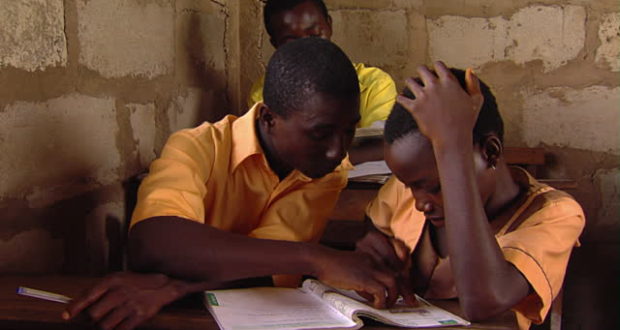
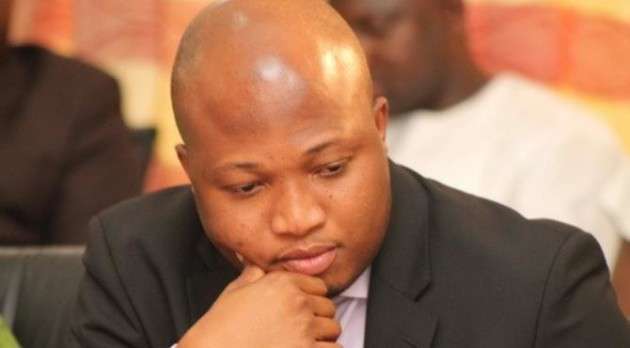
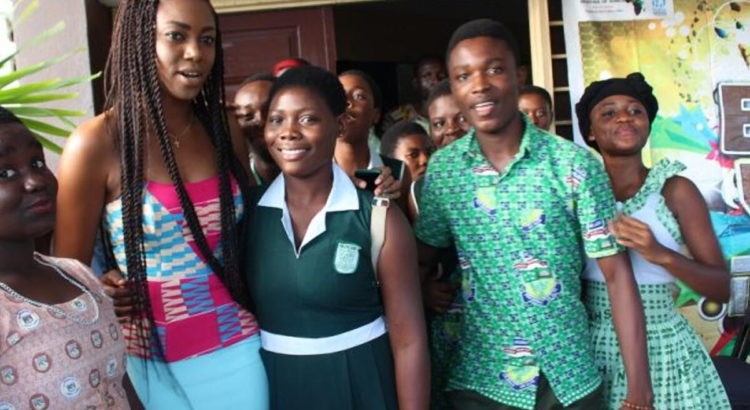

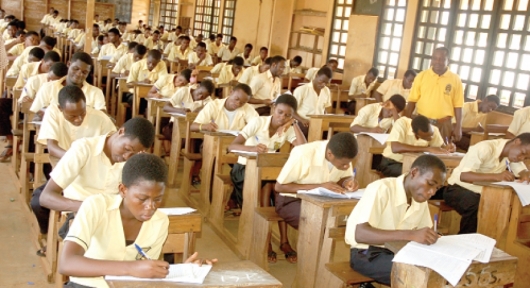
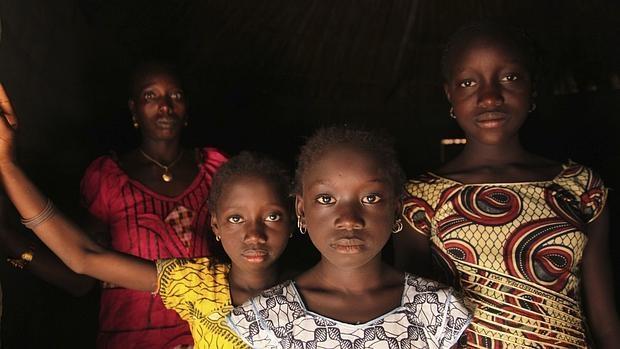
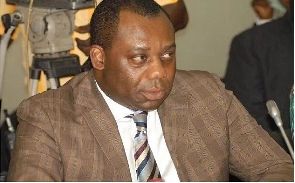







 Users Today : 25
Users Today : 25 Total Users : 35459620
Total Users : 35459620 Views Today : 60
Views Today : 60 Total views : 3418032
Total views : 3418032